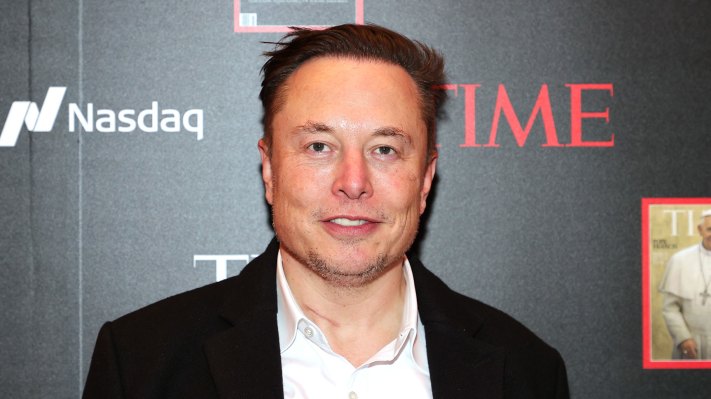The U.S. Department of Justice is investigating the personal benefits that Tesla may have provided its CEO Elon Musk since 2017 as part of a criminal probe that is also looking into the use of company funds to build a proposed glass house.
The U.S. Attorney’s Office for the Southern District of New York has also requested information about transactions between Tesla and other entities connected to Musk, according to a report from the Wall Street Journal that cites people familiar with the matter.
This revelation into the extent of federal scrutiny beyond the glass house — a secret project that has been described internally as house for Musk — indicates that prosecutors are pursuing potential criminal charges.
The Securities and Exchange Commission is also investigating the secret “Project 42” house, which was reportedly planned near Tesla’s Austin-area factory.
The feds want to know whether Tesla properly disclosed the perks Musk received. Tesla has in the past said it doesn’t provide perks or personal benefits to top executives.
Musk has responded to claims about a glass house by saying that none has been built, is under construction or is planned. The billionaire’s recently launched biography by Walter Isaacson does indeed have mention of a glass house, but says Musk “put off building it.”
“It should be like something fell out of space, like a structure from another galaxy landed in the lake,” said Musk, as reported by Isaacson in a section of the book titled ‘A house, not a home.’ The section detailed Musk’s dream of building a family home in Austin and his decision to build one on a horse farm that he had bought across the Colorado River from Giga Texas.
The investigations into the glass house began internally, after employees were concerned about how millions of dollars of large-format glass panels Tesla ordered would be used. Zack Kirkhorn, Tesla’s CFO who stepped down in August, was among those who raised concerns.
Tesla is not the only company to be questioned by the SEC and DOJ regarding executive perks. SEC regulations require public companies to disclose those perks and other personal benefits provided to top executives if the total value is $10,000 or more. These can include reimbursement for housing, private security or airplane use.
